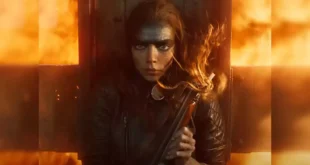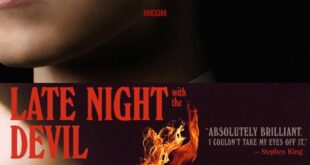When one conjures up a film about a second American civil war, I can only think of it in terms of political satire. Admittedly, I thought there would be more topical satire regarding politics, but Civil War is as melancholy a film as I’ve seen in a while. There are moments of humor, but for the most part, it treats the idea of a second civil war seriously. Also, I might add there’s remarkably little explanation for the events that are going on. That’s another thing I found unexpected. This might put some viewers off, but Civil War works because of the ethical and moral dilemmas presented. We also get fully-rounded characters who are flawed in their ways.
In a not-so-distant future America torn apart by a new civil conflict, the film paints a vivid picture of California and Texas seceding to form the ‘Western Forces,’ opposing a dictatorial US president, played by Nick Offerman. The heart of the narrative follows a team of military-embedded journalists, led by the renowned war photojournalist Lee Smith, as they embark on a treacherous journey across the United States to reach Washington, D.C., before rebel factions can seize the White House. Lee’s companions, including the thrill-seeking Joel, her wise elder, Sammy, and the young, eager combat photographer Jesse, who defies Lee’s objections to join, add depth and complexity to the story. As they navigate the desolate highways of an eerily vacant eastern U.S., Lee’s attempts to impart her seasoned wisdom on Jesse highlight the harsh realities of domestic warfare, drawing parallels to the international conflicts she’s covered in her career.
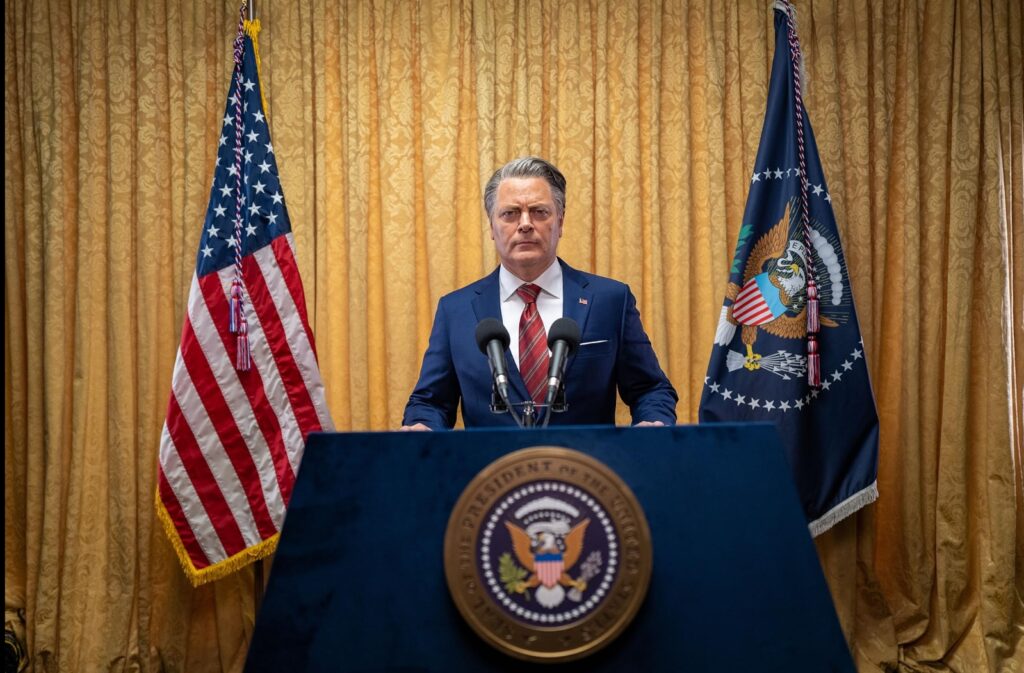
The film’s setting serves as a compelling backdrop for exploration. However, some critics argue that it could have delved deeper into the reasons or policies behind such drastic regional alliances, leaving much of its political landscape vague. While a clearer understanding of the landscape could’ve been beneficial, Garland’s screenplay intentionally obscures the precise causes of the war, suggesting that the reasons behind such conflicts are less significant than their human cost and the unsettling normalization of violence. In a film that challenges the effectiveness of ideological divides, Garland presents a chillingly plausible scenario where violence reshapes society in unforeseen, irreversible ways, inviting the audience to consider the implications deeply.
Garland’s anti-war message becomes most evident when the film steps away from its documentary-style filming. Through strategic musical choices, slow-motion sequences, and quiet moments amid violence, he challenges the often-glamorized portrayal of war in cinema, offering a critical, reflective counterpoint to the chaotic brutality he so adeptly depicts. There are harrowing scenes, including a stop at a gas station that becomes a deadly gamble, where the odds of either filling up or facing fatal consequences stand even. In small towns, boutiques quietly conduct business under the watchful gaze of snipers positioned on rooftops. There’s a terrifying cameo by Jesse Plemons as an ultranationalist militiaman who executes anyone he does not consider American (foreigners, people from the secessionist states). The tension in this scene is highly palpable.
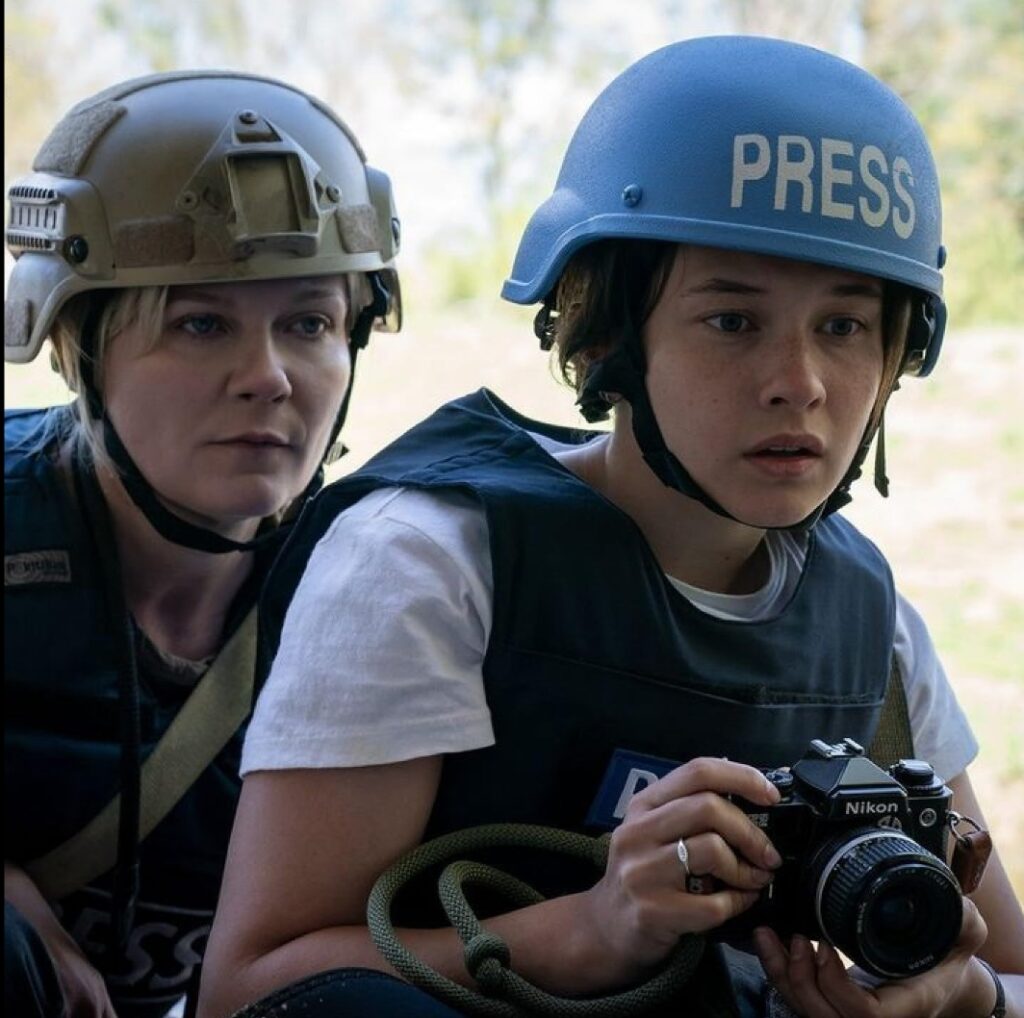
The future presented in the Civil War seems probable, which makes it even scarier. Kirsten Dunst is an extremely underrated actress, and she’s given an opportunity as the lead here to deliver a strong performance. The supporting performances of Wagner Moura (a Pedro Pascal look alike), Cailee Spaeny, and especially Stephen McKinley Henderson (who deserves serious Oscar consideration) are all very good. The sound design is phenomenal as well you really feel each shot fired. I’m not sure it will be for everyone, but Civil War serves as a stark reminder of the fragility of democracy. It underscores the critical role of journalism in bearing witness to truth and the dire consequences of complacency.
***1/2 out of ****
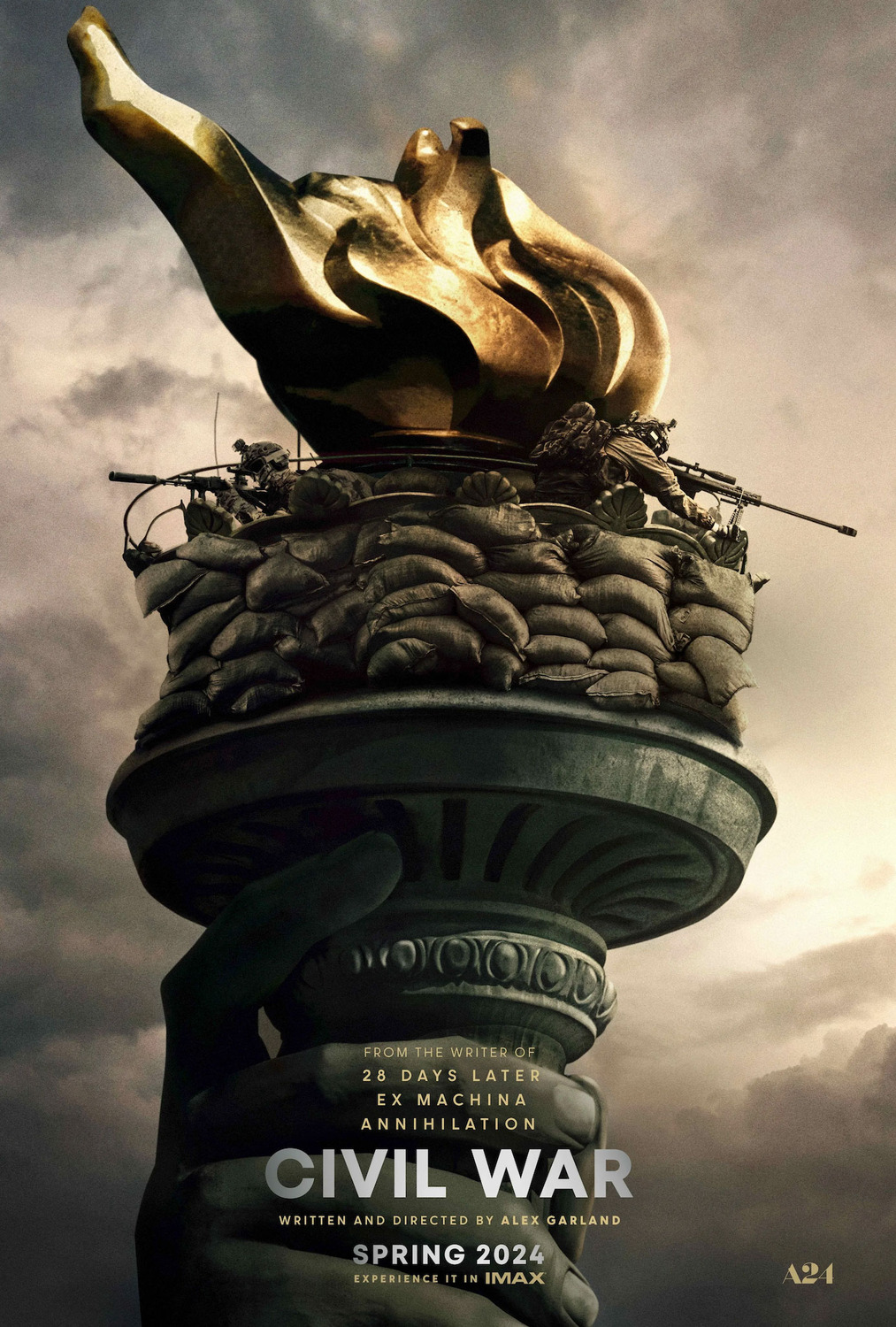
 Movie Finatics The Place for Movie Lovers
Movie Finatics The Place for Movie Lovers
